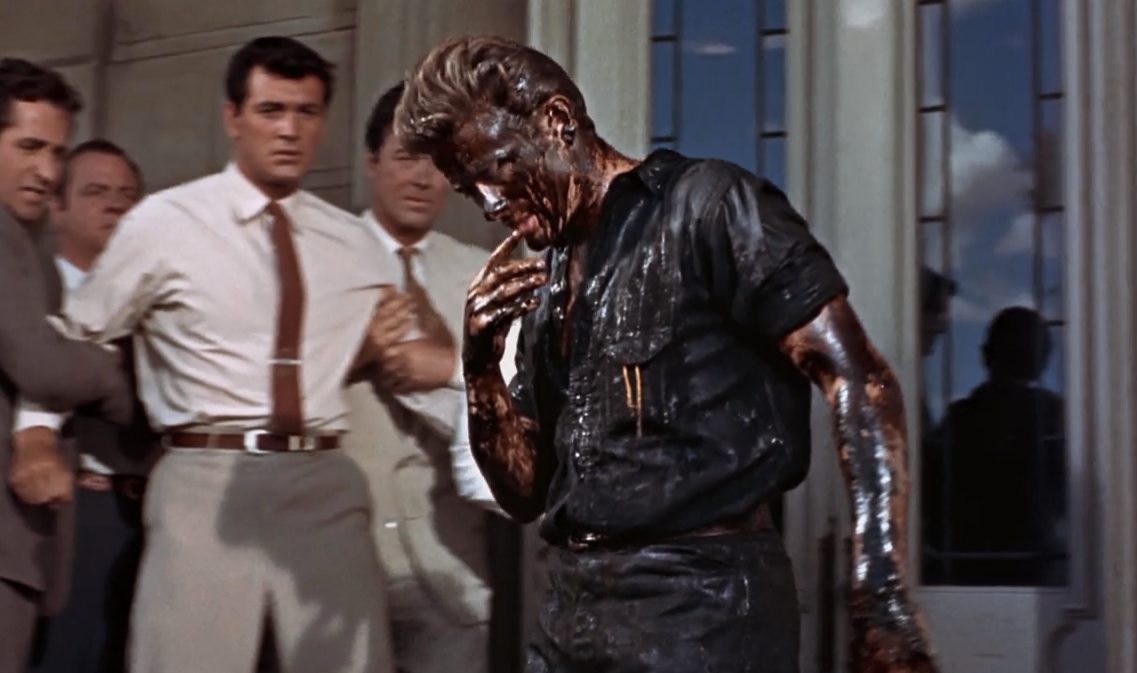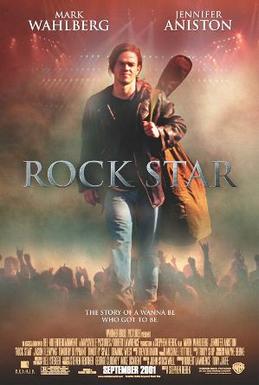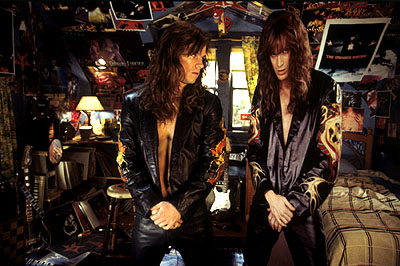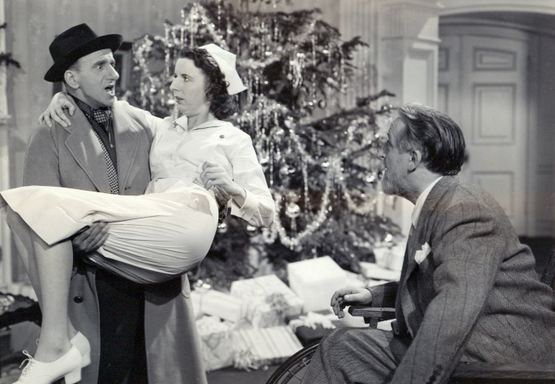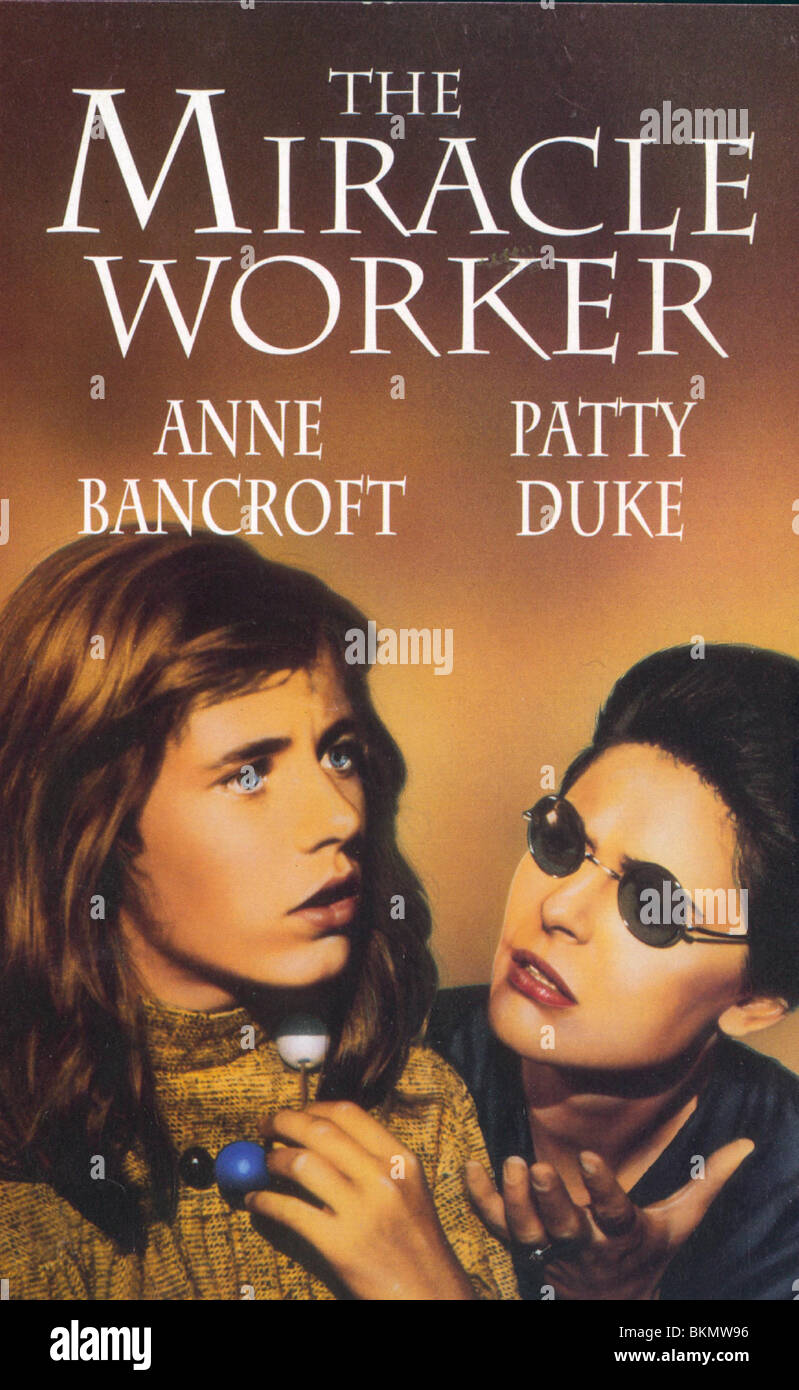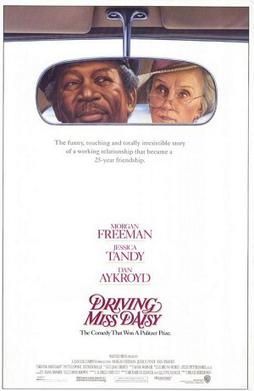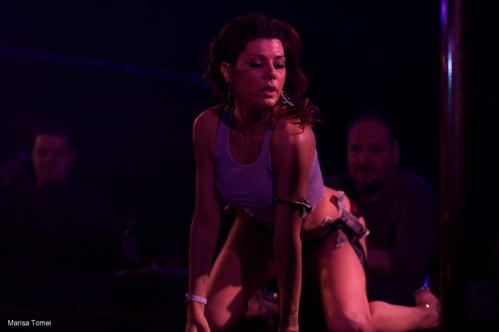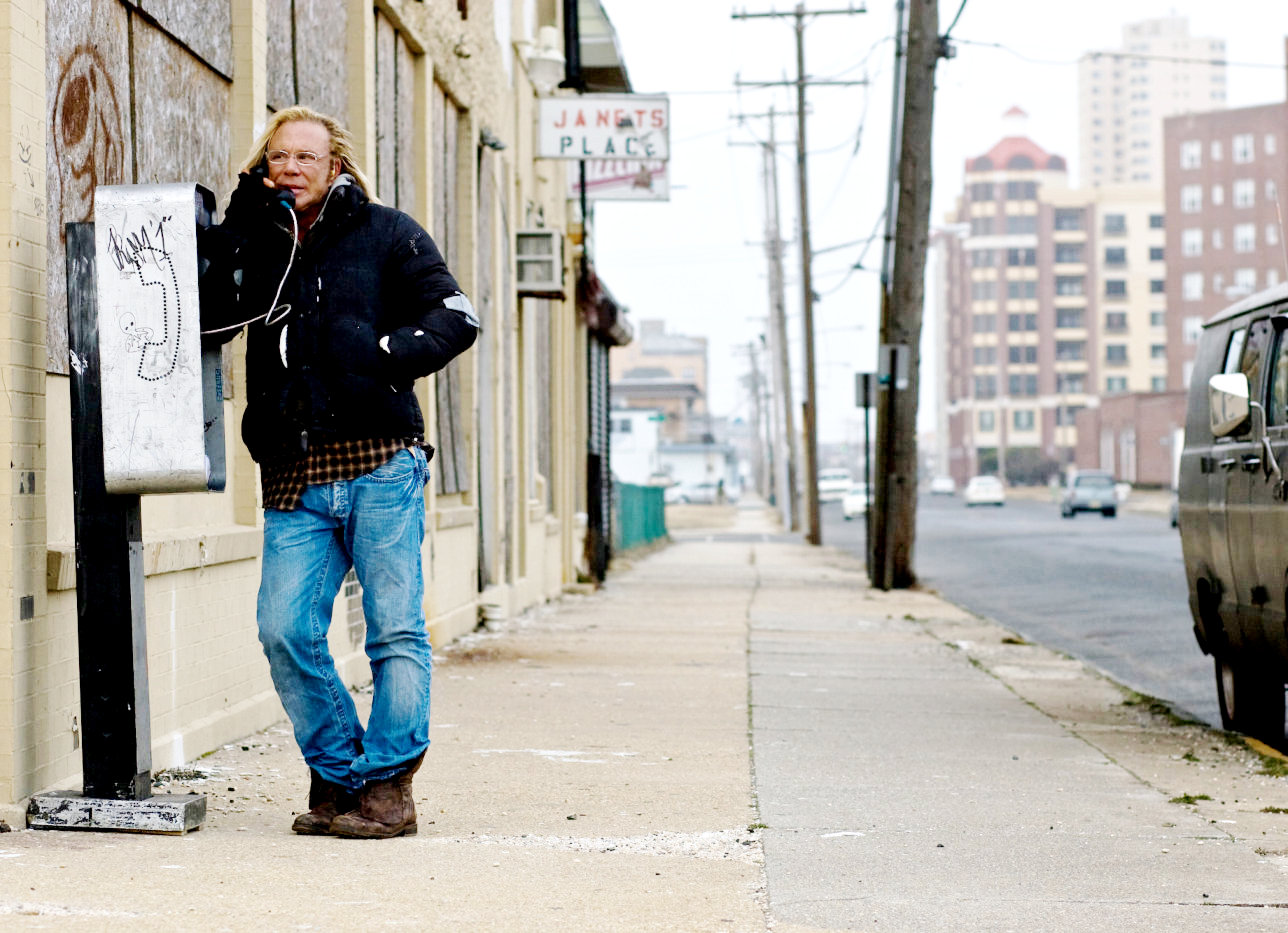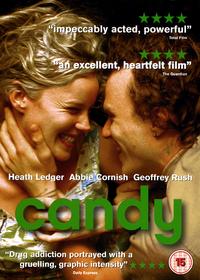
After his Oscar-nominated performance in Brokeback Mountain and before his posthumous Oscar win for The Dark Knight, the late Heath Ledger turned in another award-worthy performance in Candy, a searing and intense 2006 drama that was the most harrowing look at the horror of drug addiction since Requiem for a Dream.

This is the story of Dan (Ledger), a talented poet who is doing nothing with his gift and Candy (Abbie Cornish), a struggling artist who has also put her talent on the back burner due to her relationship with Dan and their addiction to heroine and how it has completely dominated their lives. All of the questions related to addiction are addressed here in an in-your-face manner that is quite disturbing. Not only do we get to see Candy prostitute herself in order to support t heir habit, but we also see Candy challenge Dan to do the same. It's aggravating as we watch the hypocritical Dan get high with money that Candy earned on her back but he's unwilling to do the same.

There is one surprisingly clever vignette where Dan happens upon a wallet on the front seat of a car and when it contains no cash, goes through an extremely elaborate ruse in order to extract the information he needs from the owner in order to use the credit cards that were in the wallet. As clever as Dan is here, it is also a little pathetic because you find yourself wishing that he could be this resourceful doing something positive or productive.

What is so riveting about Dan and Candy's story is that we can tell from the beginning of the film that their relationship is doomed, but it doesn't keep the viewer from becoming completely enveloped in their story. We watch as they actually marry (the camera smartly pans the guests during the vows and the various reactions are telling) and watch the intensely mixed emotions from Candy's parents when Candy announces that she is pregnant. Her father's reaction to the new is just gut-wrenching. It's sad watching how Candy's parents can see that Candy's relationship with Dan is beginning to destroy their lives, but hold their tongues so long that when they finally confront the truth, it's too late.
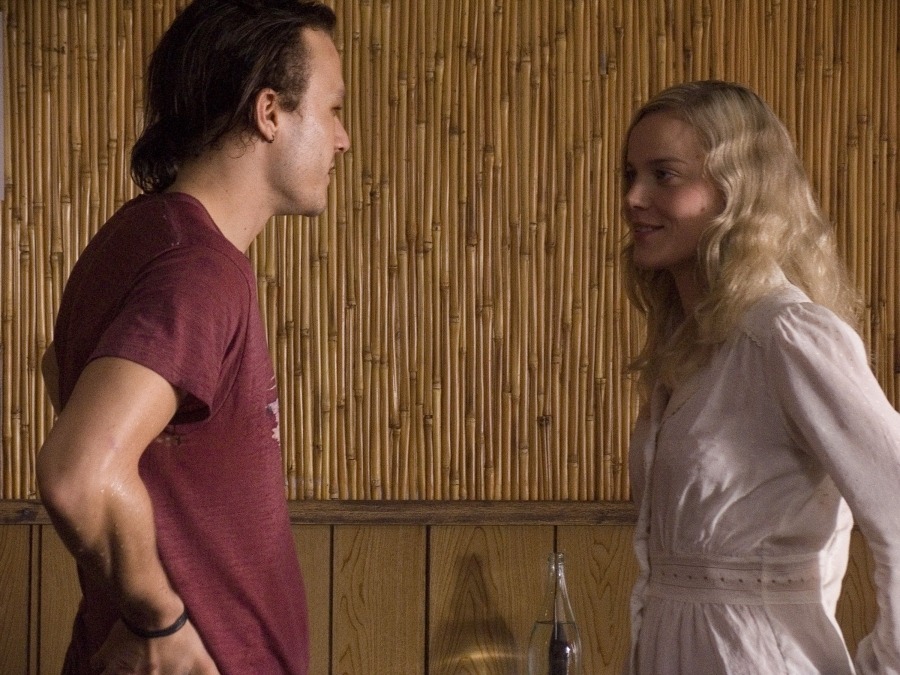
The most telling and most pathetic aspect of Dan and Candy's story is their constant talk about changing their lives and their half-hearted attempts to stop using so that they can. The scenes of Dan and Candy trying to quit cold-turkey, documented in days, is not an easy watch, but a realistic depiction of the physical effects of heroine and how the body craves it like medicine. Director Neil Armfield does not shy away from these scenes and the camerawork from above their bed is extremely effective.
Ledger delivers a brilliant and intensely unhinged performance as Dan, which includes a credible British accent. Ledger pulls out all the stops here, making Dan a dangerous combination of smart and sexy and pathetic. Abbie Cornish is blistering and explosive as Candy, the addict who wants to blame Dan and anything else she can think of for what she's going through, in deep denial about the depth of her own addiction. Geoffrey Rush does a small but flashy turn as Dan and Candy's friend/dealer/enabler, whose willingness to help Dan and Candy feed their addiction seems to be stemmed in his sexual attraction to Dan.
This is a bold and uncompromising look at drug addiction that pulls no punches and offers no easy answers, but is riveting entertainment for those who are game, thanks to evocative direction and brilliant performances from the stars. 8.5/10
Last edited by Gideon58; 01-21-16 at 07:39 PM.


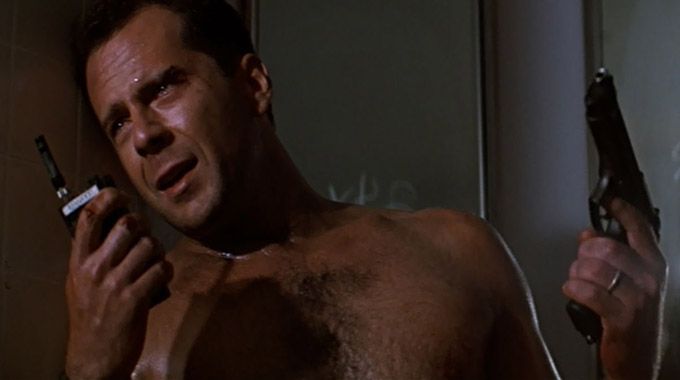


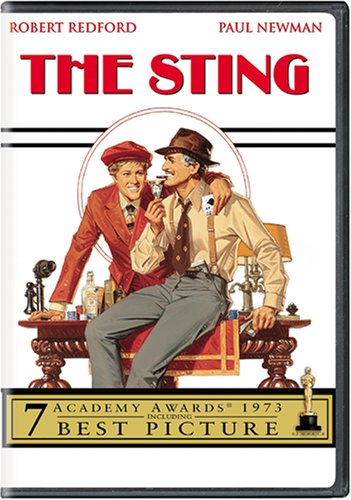









.jpg)
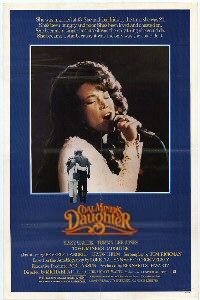





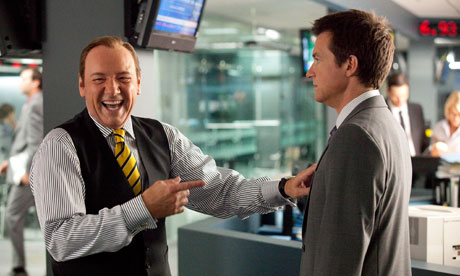















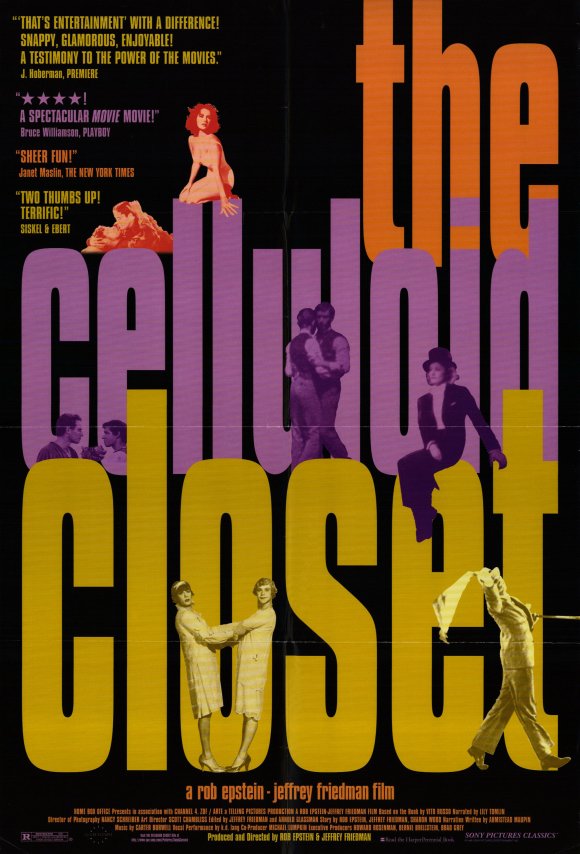



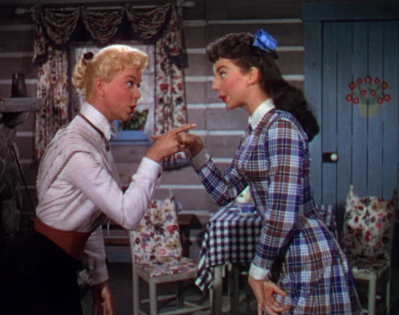
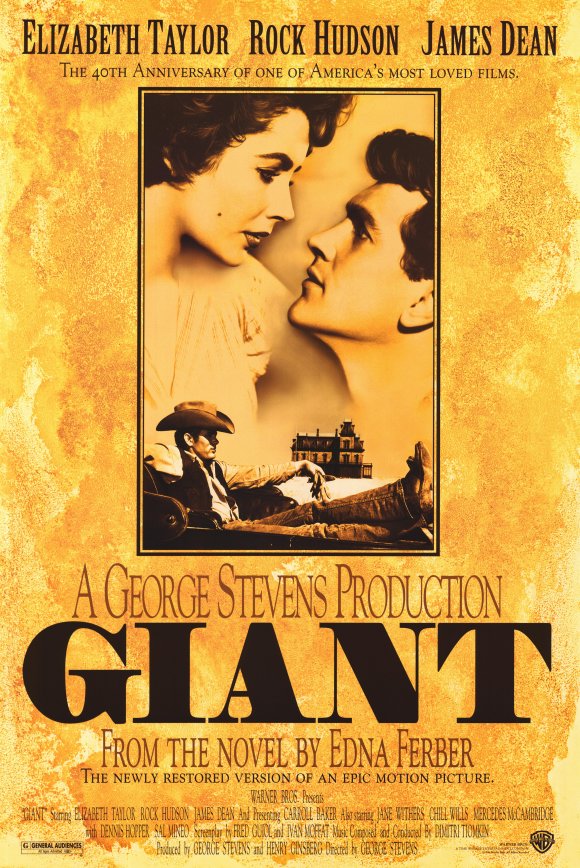
+-+spurs.jpg)
